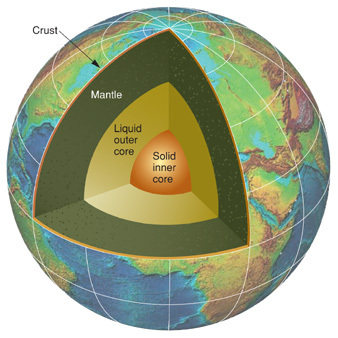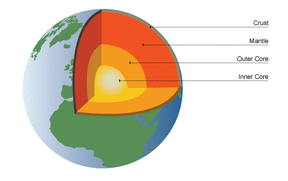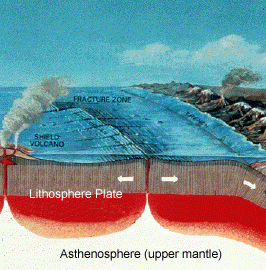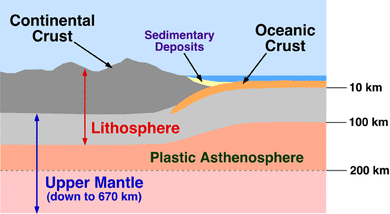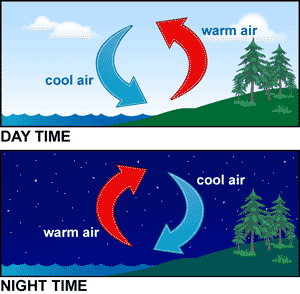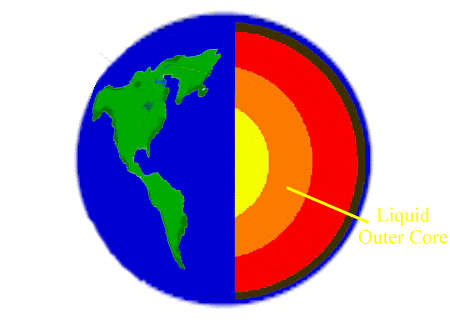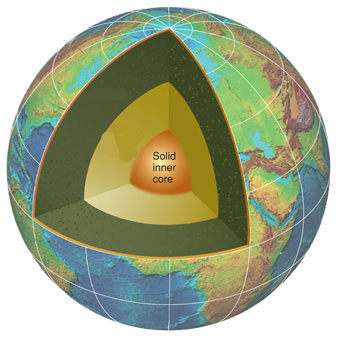Layers of the earth
WOAH! Have you heard... there are 4 different layers! That is super amazing, how can the earth fit so many layers in it? Well, here you will find out! Find out all about what the layer are made of and what they do for the earth. Use questions to help you learn, Questions are a great way to guide you're learning, here are some of the questions I first had.
How many layers are there?
Can you stand on all of the layers?
What layer are we standing on right now?
What Is the temperature of the layers?
What are the layers made up of?
And there are many more you might have. I will try to answer all of your questions.
How many layers are there?
Can you stand on all of the layers?
What layer are we standing on right now?
What Is the temperature of the layers?
What are the layers made up of?
And there are many more you might have. I will try to answer all of your questions.
Crust
The crust is the first layer of the earth. It is split up into two parts the continental crust, and the oceanic crust. The oceanic crust takes up 71% of the earths crust, and the other 29% of the crust is continental. The continental is made up of igneous rocks, and the oceanic crust is made up of sedimentary and basalt rocks. The continental crust is older than the oceanic crust, some of the rocks are 3.9 billion years old. The density average of the oceanic crust is 3g/cm. The average density of the continental earth is 2.7g/cm. The temperature of the crust is around 200-400 degrees celsius. The crust is about 60 km thick under a continent and 5 km thick under the ocean. The crust is constantly moving. The crust doesn't even make up 1% of the earth! The crust is the layer were tectonic plates can be found.
Mantle
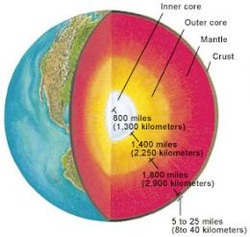
The mantle is the second layer of the earth. It is split up into two different parts, the lithosphere (which is the top part) and the asthenosphere (which is the bottom part). The lithosphere is a dense rock made out of iron and nickel, the asthenosphere is a plastic like fluid. The temperature of the lithosphere is around 300 to 500 degrees celsius, and the asthenosphere is around 4500 degrees celsius. The mantle has the biggest volume of all the layers, the volume of it is 84% of the earth. It is 1,800 miles deep or 2,900 kilometers deep. In the mantle are convection currents which make the mantle move. The lower mantle heats up and rises and cools down then gets pushed down because it is heavier. Then I keeps going on like that. The mantle grows a meter a year.
Lithosphere
The lithosphere is the top layer of the mantle. The lithosphere includes having the crust in it. It is a cooler layer because it is farther from the inner core. The lithosphere is a dense rock made out of iron and nickel. The temperature of the lithosphere is 300-500 degrees celsius. Inside the lithosphere and asthenosphere are currents, called convection currents. They make the lithosphere and asthenosphere turn round and round. So because the lithosphere is denser it is being forced down closer to the core and then heats up then forces its way back up to the top because it is less dense.
Asthenosphere
The asthenosphere is the bottom layer of the mantle. It is a plastic like liquid made up of iron and nickel. The temperature of the asthenospere is 4500 degrees celsius. It is hotter than the lithosphere because it is closer to the inner core. Inside the asthenosphere and lithosphere are currents, they are called convection currents. So because the asthenosphere is less dense or lighter than the lithosphere is forces its way up to the top and foces the lithosphere down. It then cools down then gets forced back down by a hotter substance
Convection Currents
Convection Currents happen in the Mantle. They go through bot the lithosphere and the asthenosphere. They make them move round and round. Since the asthenosphere is hotter, that makes it lighter or less dense, so it forces its way to the top. Meanwhile it is forcing the lithosphere to go down and take it's place, So the asthenosphere that moved up and cooled down, and the lithosphere that got forced down is heating up and then when it gets hot ebough it will force its way to the top and the whole cycle will start again. But these convection currents effect the earth and the tectonic plates. Because when the plates, say...... overlap one gets pushed under the other, and it would get pushed don to the convection currents, and because it is a dense material it would be forced down and it would melt and make a new crust. In the photo below that diagram would acctually be going on inside of the earth at this very moment!
Outer core
The outer core is a liquid made up of iron and nickel. The temperature of the outer core is around 4400 degrees celsius. The depth of the outer core is 2, 890. This is one of the three layers that is putting pressure on the inner core. It is the second hottest layer, because it is the layer above the inner core, and it is the second farthest from the surface of the earth. Also it is said that the core is rotating faster than the rest of the earth but...... slower than previously believed! the outer core was discovered in 1936 by seismologist, Inge Lehmann.
Inner core
The Inner crust is the second thinnest layer. The inner core is hotter than the surface of the sun. The inner core is made out of iron and nickel. It is 5159 to 6378 km thick. The inner core is extremely hot and is the last layer. The inner core is 5505 degrees celsius. It is a solid because of all the pressure from the other layers putting there weight onto this layer. The inner core grows. The core was discovered in 1971..
